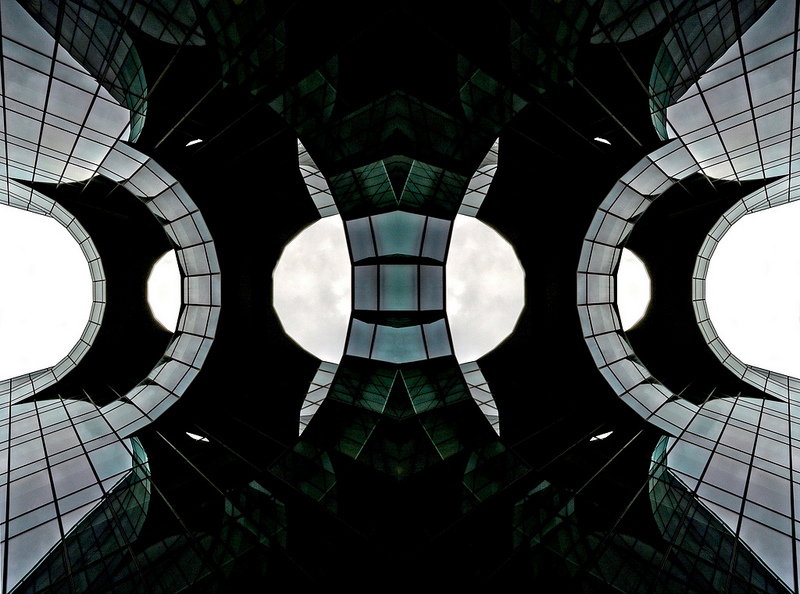O eu e o outro no campo discursivo da surdez
DOI:
https://doi.org/10.11606/issn.1980-4016.esse.2010.49271Palavras-chave:
surdez, campo discursivo, espaço discursivo, identidade, outroResumo
Alicerçados pela academia e por movimentos sociais, os discursos sobre a surdez vêm se movimentando e se alterando ao longo do tempo. Neste estudo, voltamos nosso olhar para os discursos sobre a surdez produzidos pelos próprios surdos. Para tanto, partimos da tríade universo, campo e espaço discursivo (Maingueneau, 2005) para focalizar, no campo discursivo da surdez, o embate de duas formações discursivas (FD) que se opõem: uma de base clínico-terapêutica, donde se origina um discurso de fundamentação ouvintista (DFO); outra de base linguístico-antropológica, que possibilita o surgimento de um discurso de fundamentação surda (DFS). De maneira bastante resumida, podemos dizer que, enquanto a primeira FD concebe a surdez a partir do estigma da deficiência, a segunda a caracteriza a partir do valor da diferença. Vemos, no campo em questão, que posicionamentos e identidades enunciativas definem-se, sobretudo, a partir da negação do outro, ou, pelo menos, daquele que se estabelece como “o outro”. A partir da análise de textos sobre a surdez escritos por surdos universitários, podemos constatar, no corpus da pesquisa, prevalência do discurso de fundamentação surda (81%). Constatamos que é, sobretudo, a partir da negação do simulacro do DFO que o DFS se constitui e que a interação entre as FDs no espaço discursivo em questão permite que elas se delimitem e se definam reciprocamente.Downloads
Os dados de download ainda não estão disponíveis.
Downloads
Publicado
2010-12-07
Edição
Seção
Artigos
Licença
Os trabalhos publicados na revista Estudos Semióticos estão disponíveis sob Licença Creative Commons CC BY-NC-SA 4.0, a qual permite compartilhamento dos conteúdos publicados, desde que difundidos sem alteração ou adaptação e sem fins comerciais.
Como Citar
Ribeiro, M. C. M. de A., & Lara, G. M. P. (2010). O eu e o outro no campo discursivo da surdez. Estudos Semióticos, 6(2), 55-65. https://doi.org/10.11606/issn.1980-4016.esse.2010.49271






